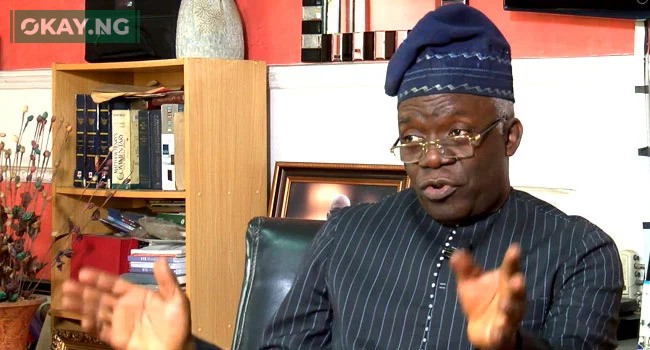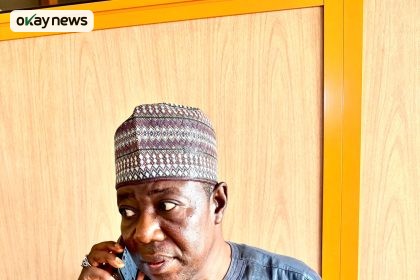Human rights advocate and Senior Advocate of Nigeria (SAN), Femi Falana, has emphasized that Nigerians are now entitled to compulsory health insurance following the enactment of the National Health Insurance Authority (NHIA) Act of 2022.
According to Falana, the new Act replaced the outdated National Health Insurance Scheme (NHIS) Act of 2004, which failed to achieve wide coverage or integration of the country’s healthcare system. He described the 2022 law as a turning point, stating that it “represents a major policy and legal shift toward making universal health coverage a legal and operational reality for all Nigerians.”
The law mandates a Basic Minimum Package of Care for citizens and sets up a Vulnerable Group Fund to support children under five, elderly people, persons living with disabilities, and low-income households. States are also directed to operate their own insurance schemes or collaborate with third-party administrators until they create theirs.
Falana referenced President Bola Ahmed Tinubu’s directive on September 3, 2025, which ordered all Ministries, Departments, and Agencies (MDAs) to enroll their workers in the NHIA scheme. He noted that compliance would be enforced through requirements such as valid Health Insurance Certificates before participation in public procurement.
“The primary aim of the NHIA Act is to ensure that every Nigerian and legal resident has access to affordable, quality, and comprehensive health care services through mandatory health insurance,” Falana stressed.
He added that Section 25 of the Act requires government funding for vulnerable groups, while Section 31 makes contributions mandatory for employees.
Falana also cited constitutional and international legal provisions that back the right to health, such as Section 17(3)(d) of the Nigerian Constitution and Article 16 of the African Charter on Human and Peoples’ Rights.
okay.ng reports that the directive also empowers the Secretary to the Government of the Federation to enforce compliance across public institutions, potentially extending health insurance coverage to millions of Nigerians previously excluded.
Despite the reforms, Falana warned that more than 90 percent of Nigerians still lack health insurance, a gap he attributed to poverty and poor funding.







